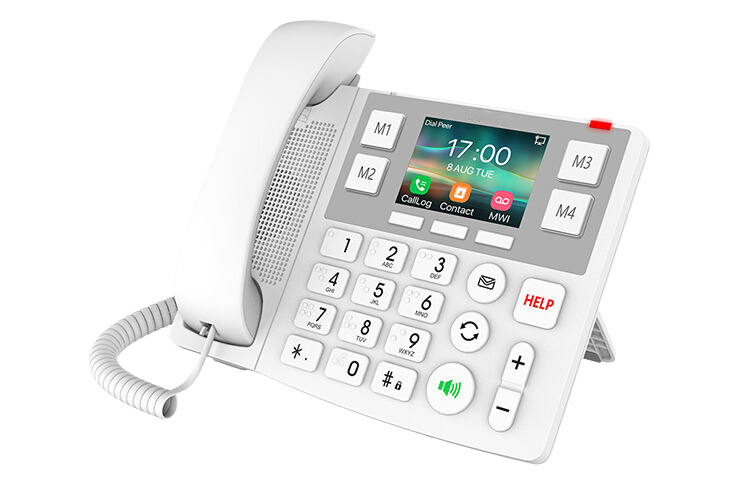Young Dementia Network calls for accurate data on young onset dementia
Young Dementia Network has called for more accurate data on the prevalence of dementia in younger people to ensure that there are sufficient and appropriately designed services to meet their needs.
Young Dementia Network is an organisation for people living with young onset dementia, their families and healthcare professionals.
A new report from NHS England suggests there are 34,412 people diagnosed with dementia under the age of 65 and recorded as such in primary care. However, as many as 19,000 others may be living with symptoms of young onset dementia but without support.
Young onset dementia is often unusual in presentation and difficult to detect. Awareness of the condition is still relatively low and when those affected are still working, symptoms are often attributed to other conditions such as stress, depression or the menopause.
Dr Janet Carter, an NHS psychiatrist who leads the Young Dementia Network’s diagnosis and post-diagnosis workstream said she acknowledges that diagnosis is complex and that there are many factors that prevent or delay diagnosis, but the way it is reported and recorded is also a problem.
Carter added: “People who miss out on a diagnosis also miss out on everything that comes with it. A diagnosis is crucial for young onset dementia because it connects the person and their family with the support they need. People whose dementia is not diagnosed accurately miss out on the vital support. Recognising the signs and symptoms and getting help early can greatly improve quality of life.
“For people with young onset dementia, there are additional social, emotional, and financial challenges to consider. The person may have a full-time job, be raising a young family or be financially responsible for the family. They may also be physically strong and in other respects, healthy”.
Carter believes that those working in primary care need to be supported to recognise possible symptoms and facilitate the diagnosis process. Once the diagnosis is made, it also needs to be accurately recorded. She said: “At the moment, there is a feeling that no one is taking responsibility for capturing diagnoses accurately. A clearer process and referral pathway from Primary care to a diagnostic clinic is needed when someone is suspected of having young onset dementia. The communication of the diagnosis from the clinic back to Primary care then needs to be equally clear.
Tessa Gutteridge, chair of the Young Dementia Network commented: “If more accurate diagnostic data were available on the prevalence of young onset dementia, local health and social care planners and providers, including commissioners and clinicians would be better able to understand what local services are needed for this underserved group and so improve their prospects for living as full a life as possible with dementia.”
The Young Dementia Network is hosted by Dementia UK. It is a collaborative online community of more than 5,000 people living with young onset dementia, their families and professionals working in the field. The network campaigns to achieve change, increase knowledge, understanding and awareness and improve policy and practice.



